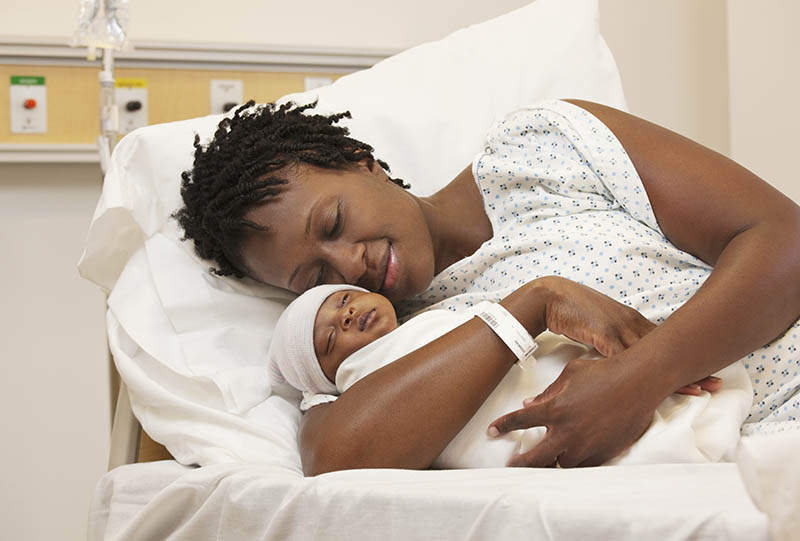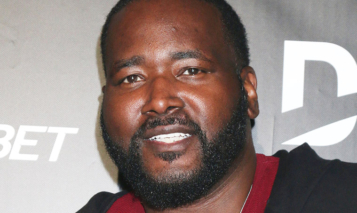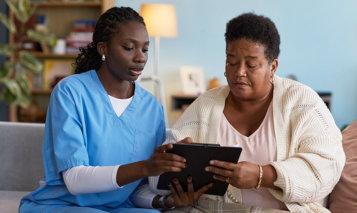
A growing number of women older than 40 are becoming first-time moms, while a record low number of teenagers are giving birth.
A new report by the National Center for Health Statistics (NCHS) showed that the average number of babies in the U.S. are being born to middle-aged women.
Overall, the fertility rate in America has declined 14% since 1990, mainly because younger women under the age of 30 are having fewer children.
According to the Centers for Disease Control and Prevention (CDC), teen births (births to women under 20) dropped a whopping 73% since 1990.

Meanwhile, births among women ages 40 and older have surged 193% during that same timeframe.
Here’s what to expect if you’re having a baby after 40.
1. Your chances of getting pregnant decrease dramatically
By age 40, if you’re healthy, you have only a 5% chance of getting pregnant per menstrual cycle.
2. Your chances of having a miscarriage increase significantly
The risk of miscarriage increases with your age. A typical 40-year-old has about a 40% chance of losing the pregnancy. That compares to less than 15% for someone in their 20s.
3. You have a lot fewer eggs than the amount you were born with
You’re born with about 1 million eggs in your ovaries. As you age, your eggs decrease substantially. By the time you hit puberty, you only have about 300,000 eggs left. That number decreases to only 25,000 eggs by the time you are age 35 – the cutoff age that doctors recommend for geriatric pregnancy.
4. Pregnancy complications and birth defects increase
Women age 40 and older are at risk for more complications during pregnancy than younger women. Risks include gestational diabetes, miscarriage, babies born with down syndrome, and preeclampsia (high blood pressure that can cause organ damage and death).




